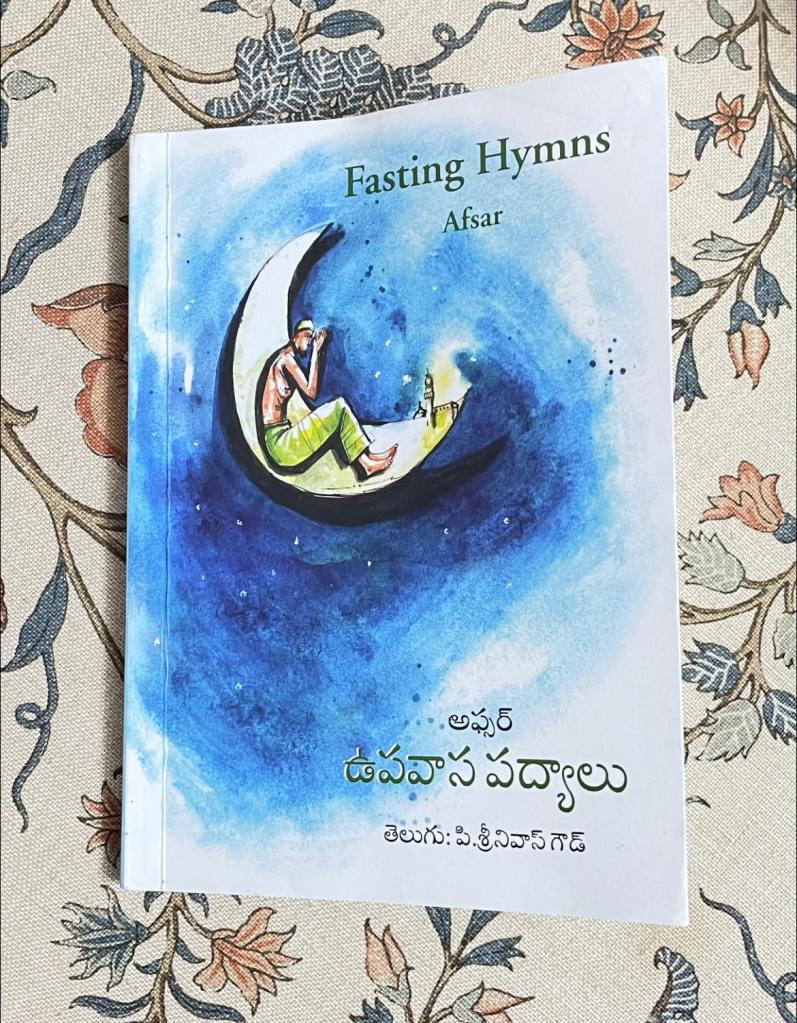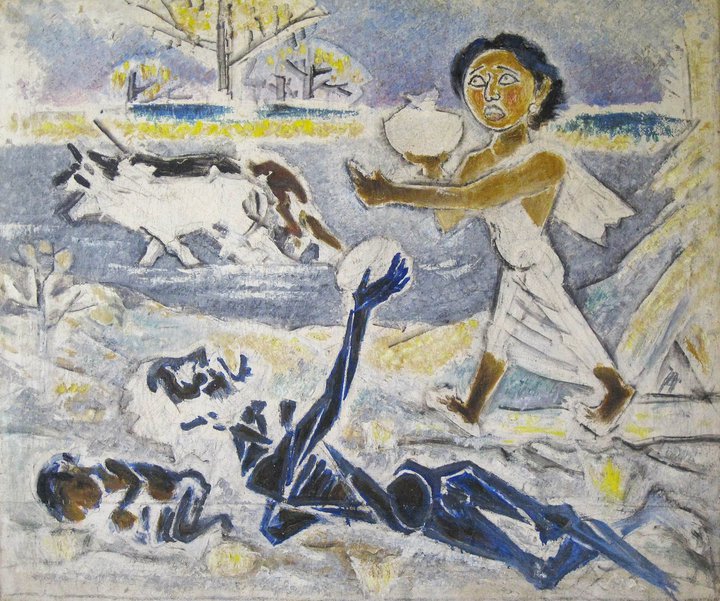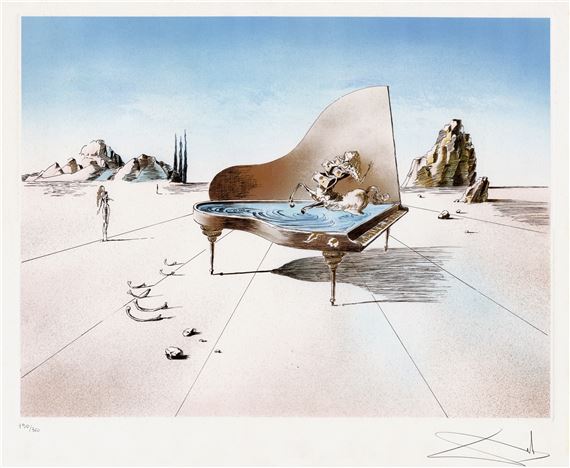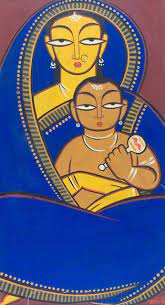
As I finish this morning prayer
And hold the bread
I see a Gaza in every crumb.
***
Hiding from the death,
Children seek each other in a rubble.
their shut eyes still ask:
whose game was that?!
***
The emptiness of a stomach
during fasting resonates deeply with me.
The heart pounds incessantly,
As though on the verge of shattering.
Words and images
gather around me
like famished birds, murmuring their tales.
***
I understand
you're curious about
what makes my Eid
so memorable.
I would simply state that
I feel the shoulders of my fellow people
touching mine
without any barriers
or boundaries.
***
so tired of sermons
that escape from reality
so drained of empty words
that repeat nothing.
Then, what do you pray for,
morning through evening?
just open the naked eye
and see the begging bowls
praying around you!

Click here to read a review of Fasting Hymns
Afsar Mohammad teaches at the University of Pennsylvania, and he has published five volumes of poetry in Telugu. He has published a monograph with the Oxford University Press titled, The Festival of Pirs: Popular Islam and Shared Devotion in South India. His Remaking History: 1948 Police Action and the Muslims of Hyderabad, has been published from Cambridge University Press. His first poetry collection was Evening with a Sufi: Selected Poems. These poems are from his second collection, Fasting Hymns, which has been translated to Telugu by P Srinivas Goud as Upavaasa Padyaalu. You can read a review of the book by clicking here.
.
PLEASE NOTE: ARTICLES CAN ONLY BE REPRODUCED IN OTHER SITES WITH DUE ACKNOWLEDGEMENT TO BORDERLESS JOURNAL
Click here to access the Borderless anthology, Monalisa No Longer Smiles
Click here to access Monalisa No Longer Smiles on Kindle Amazon International




